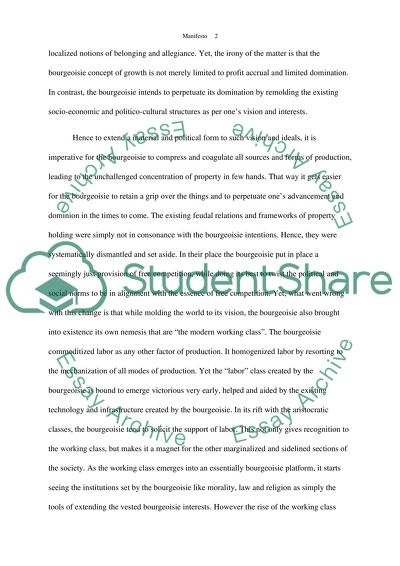Cite this document
(“The Political Vision of Communist Manifesto Essay”, n.d.)
The Political Vision of Communist Manifesto Essay. Retrieved from https://studentshare.org/politics/1438183-the-communist-manifesto-essay
The Political Vision of Communist Manifesto Essay. Retrieved from https://studentshare.org/politics/1438183-the-communist-manifesto-essay
(The Political Vision of Communist Manifesto Essay)
The Political Vision of Communist Manifesto Essay. https://studentshare.org/politics/1438183-the-communist-manifesto-essay.
The Political Vision of Communist Manifesto Essay. https://studentshare.org/politics/1438183-the-communist-manifesto-essay.
“The Political Vision of Communist Manifesto Essay”, n.d. https://studentshare.org/politics/1438183-the-communist-manifesto-essay.


